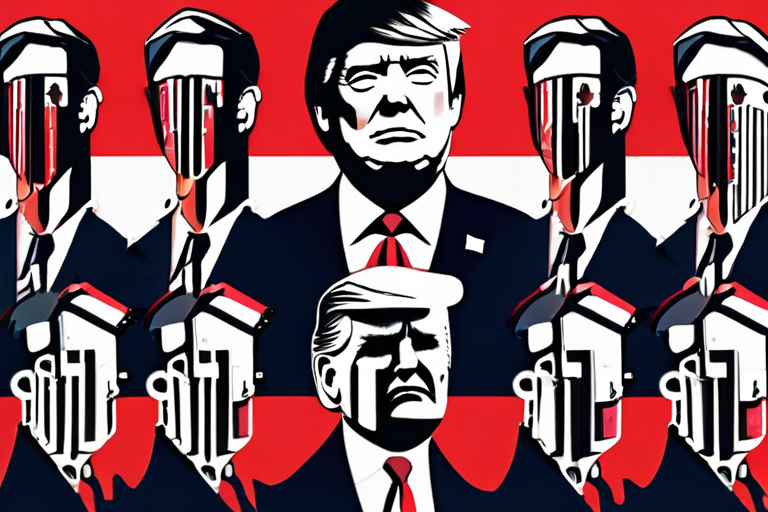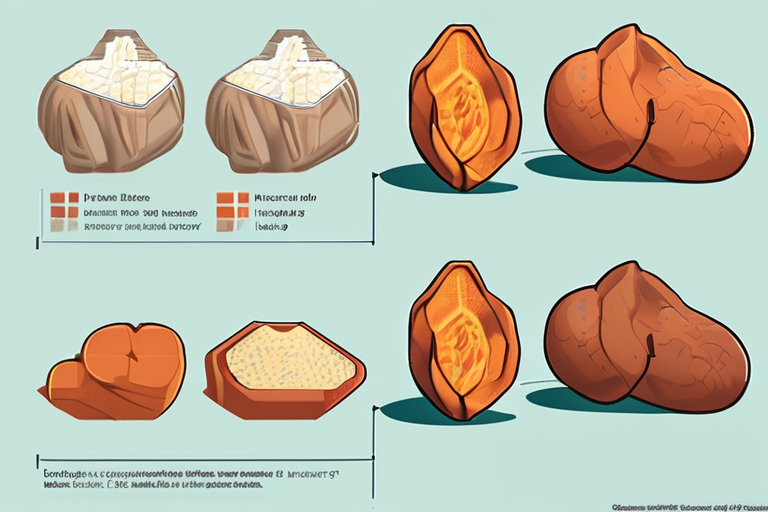The Trump Justice Department's Pattern of Weak Prosecutions: A Strategy to Silence Critics
In a disturbing trend, the Trump Justice Department has been filing weak cases against its perceived enemies, sparking concerns about the politicization of justice. The latest example is the indictment of former FBI Director James Comey, which has been met with widespread incredulity.
According to sources, US Attorney Lindsey Halligan was unbothered by the criticism surrounding the Comey indictment and quickly moved on to pursue similar charges against New York Attorney General Letitia James. On Thursday, Halligan successfully obtained an indictment for James, raising questions about the motivations behind these prosecutions.
The Trump Justice Department's strategy appears to be a deliberate attempt to silence critics through weak prosecutions that are likely to fail in court. This approach has been criticized by legal experts and politicians alike, who argue that it undermines the integrity of the justice system.
"It's a clear pattern of behavior," said Senator Chuck Schumer (D-NY). "The Trump Justice Department is using the courts as a tool for political retribution, rather than upholding the law."
This strategy has been employed by White House Deputy Chief of Staff Stephen Miller and other high-ranking officials in the administration. Miller has been instrumental in shaping the Trump Justice Department's policies and has been accused of pushing for weak prosecutions to silence critics.
The implications of this trend are far-reaching and have significant consequences for society. "When the government uses its power to silence critics, it erodes trust in institutions and undermines the rule of law," said Dr. Rachel Kleinfeld, a senior fellow at the Carnegie Endowment for International Peace.
The Trump Justice Department's actions have also been criticized by civil liberties groups, who argue that they are an attempt to intimidate and silence those who speak out against the administration.
"The use of weak prosecutions as a tool for silencing critics is a clear abuse of power," said ACLU Executive Director Anthony D. Romero. "It's a threat to our democracy and must be stopped."
As the Trump Justice Department continues to pursue these weak cases, it remains to be seen how they will fare in court. However, one thing is certain: this trend has significant implications for the integrity of the justice system and the rule of law.
Background
The Trump Justice Department's pattern of weak prosecutions began with the indictment of former National Security Adviser Michael Flynn in 2017. Since then, several other high-profile cases have been filed against perceived enemies of the administration, including Comey and James.
These cases have been criticized for their lack of merit and have sparked concerns about the politicization of justice. The Trump Justice Department's actions have also been compared to those of authoritarian regimes, where the government uses its power to silence critics and suppress dissent.
Additional Perspectives
The Trump Justice Department's strategy has been defended by some as a necessary response to perceived threats from within the government. However, this argument has been met with skepticism by many, who argue that it is an abuse of power.
"It's not about silencing critics; it's about upholding the law," said White House Press Secretary Kayleigh McEnany. "The Trump Justice Department is simply doing its job."
However, this argument ignores the fact that the cases filed by the Trump Justice Department are often weak and lack merit. As Senator Schumer pointed out, "If you have a strong case, you don't need to use weak prosecutions to silence critics."
Current Status
The indictment of James has sparked widespread criticism and has raised questions about the motivations behind these prosecutions. The case is currently pending in court and will likely be closely watched by legal experts and politicians alike.
As the Trump Justice Department continues to pursue these weak cases, it remains to be seen how they will fare in court. However, one thing is certain: this trend has significant implications for the integrity of the justice system and the rule of law.
*Reporting by Vox.*



 Hoppi
Hoppi

 Hoppi
Hoppi

 Hoppi
Hoppi

 Hoppi
Hoppi

 Hoppi
Hoppi

 Hoppi
Hoppi











